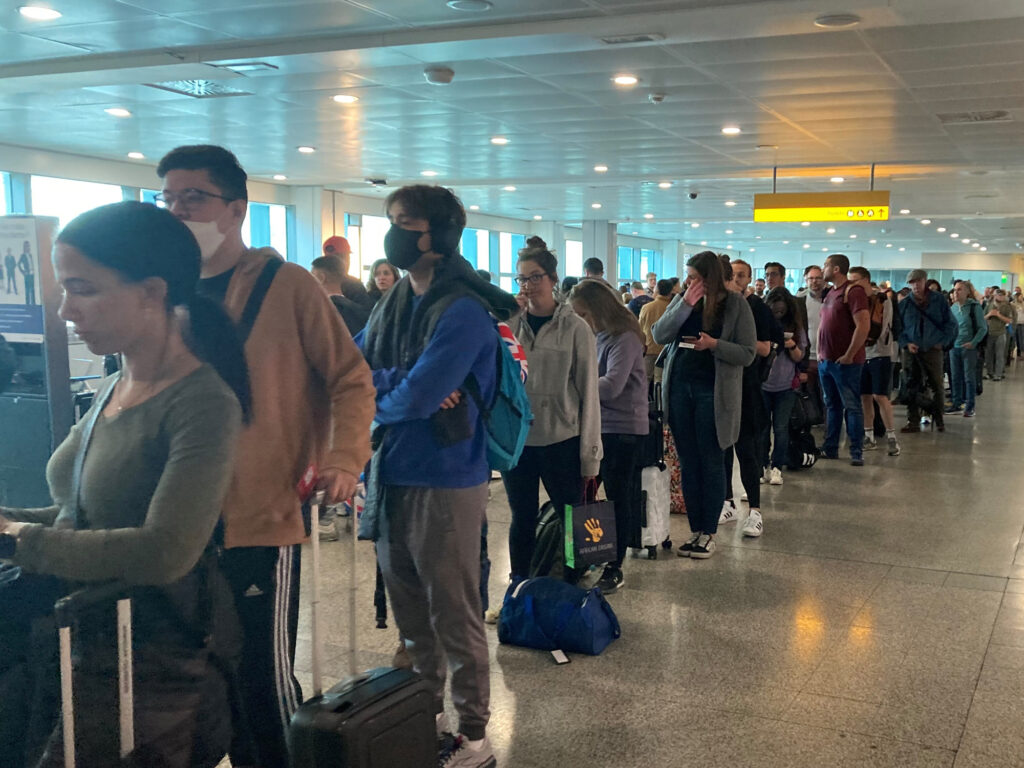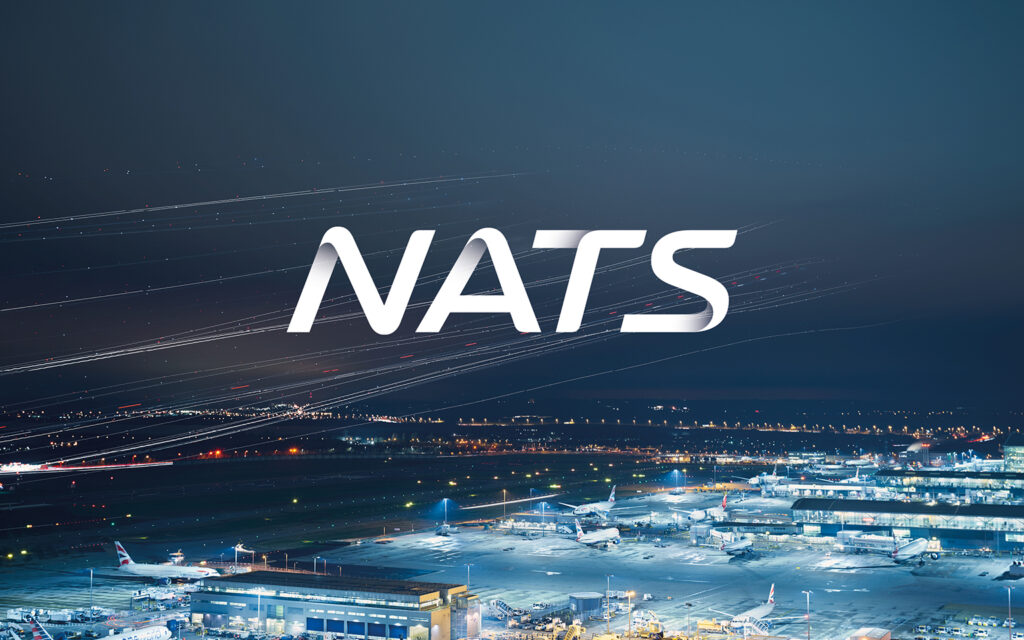
CAA Probes Unusual Factors in UK Air Traffic Problem
A technical report has confirmed that last week’s chaos, which led to over 2,000 flight cancellations, was caused by a mistake in a flight plan.

The recent UK air traffic system breakdown, which led to the cancellation of over 2,000 flights, has been attributed to a very unusual combination of events. This caused significant problems for passengers, including families on summer vacations, resulting in disruptions and flight cancellations.
The Civil Aviation Authority (CAA) has initiated its own investigation into the incident and has also provided an initial report from Nats, the air traffic control services provider, to the transport secretary, Mark Harper. This situation has raised concerns and prompted further examination to prevent such disruptions in the future.
According to the technical report from Nats, the air traffic system hiccuped on August 28th because of a single flight plan that had confusing waypoint data. This flight plan, which was submitted correctly by an airline, caused a problem that made the system stop automatically processing flight plans. As a result, air traffic controllers had to manage everything manually.
Nats explained that this failure occurred due to an extremely rare situation. There were two waypoint markers with the same name but in different locations outside the UK’s airspace. This particular scenario hadn’t happened in over 15 million flight plans processed during the five years the current system has been in operation.
However, Nats reassured that this incident didn’t pose any danger, and they have identified a solution to prevent it from happening again in the future.
The company offered another apology for the inconvenience caused to passengers, airlines, and airports.
The Civil Aviation Authority (CAA) acknowledged that safety was not compromised. However, they will now conduct a broader review of the issues surrounding the system failure and evaluate how Nats responded to the situation.
The regulator cautioned that if there is any evidence suggesting that Nats may have violated its licensing obligations, appropriate actions would be taken.
Airlines have called for changes to compensation and passenger rights rules following the incident. This event may have cost them up to £100 million in customer care expenses and lost revenue, as estimated by the International Air Transport Association (IATA), a global airline advocacy group.
Rob Bishton, who is currently serving as the acting CAA chief executive, expressed:
“Every year, millions of passengers depend on smooth and safe air traffic control operations. The initial report provided by Nats has brought up several crucial questions, and as the regulator, we are committed to ensuring that these questions are addressed for the benefit of passengers and the industry.
If there is any indication that Nats might have violated its legal and licensing responsibilities, we will assess whether additional measures need to be taken.”

Martin Rolfe, the chief executive of Nats, stated:
“Our top priority is always to ensure the safety of the skies, and that remained our focus during last week’s incident.”
He explained that the problem stemmed from “data that had never been seen before and generated a logic error” in the Nats system. However, he confirmed that the flight plan submitted by the unnamed airline was completely compliant with regulations.
Rolfe also mentioned that they are open to any additional review of the incident that the CAA wishes to conduct. The disruption affected an estimated 250,000 passengers, and many had to endure several days of waiting for alternative flights.
The Civil Aviation Authority (CAA) has announced that the specific findings and outcomes of the independent review will be released to the public, and this information is expected to be available by the conclusion of September.
Ryanair reported on Monday that the system failure had forced them to cancel more than 350 flights, affecting 63,000 passengers.
Never miss any important news. Subscribe to our newsletter.
Related News


British Investor Who Predicted US Slump Warns of Next Crash

I’m a Death Doula: 4 Reasons I Believe Death Isn’t the End


Tech to Reverse Climate Change & Revive Extinct Species

AI Unlocks the Brain’s Intelligence Pathways

XPENG Unveils Iron Robot with 60 Human-like Joints

Can AI Outsmart Humanity?

11 ChatGPT Prompts to Boost Your Personal Brand

Keir Starmer Hints at Possible Tax Hikes on Asset Income

Navigating the Future of AI: Insights from Eric Schmidt
